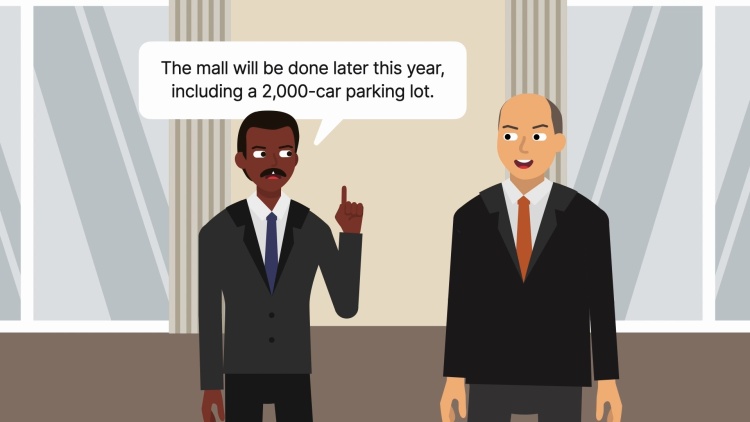Dover Shopping Center, Inc. v. Cushman’s Sons, Inc.
New Jersey Superior Court, Appellate Division
164 A.2d 785 (1960)

- Written by Josh Lee, JD
Facts
Cushman’s Sons, Inc. (Cushman’s) (defendant) entered into a written lease in 1956 with Dover Shopping Center, Inc. (Dover) (plaintiff). The lease obligated Cushman’s to operate its bakery business on the premises, to be open for regular business during customary hours, and to maintain its window displays in “an attractive and dignified manner.” The lease also provided for a minimum annual rent plus a shifting percentage of gross sales and for Dover to have the right to an injunction if Cushman’s breached the lease. Cushman’s opened its business in 1957. In 1959, Cushman’s informed Dover that Cushman’s was permanently ceasing operations because the enterprise was unprofitable, but that it would continue to pay the minimum rent. Dover filed suit for a mandatory injunction specifically directing Cushman’s to perform the covenants of operating a business during customary hours and maintaining the store window. The trial court granted the injunction, ordering Cushman’s to (1) reopen and resume its business, (2) display its name outside the premises, (3) keep the store open during customary business hours, and (4) have a manager or salesperson in charge. The trial court expressly stated that it gave no directions as to the method of operation or the quality of products or services. Cushman’s appealed, arguing that the injunction should have been denied because (1) money damages would be adequate and (2) specific performance of a contract requiring court supervision for a long period of time should not be granted. In reply, Dover argued that money damages would be difficult to ascertain for a percentage lease, particularly because the nature of a shopping center made each store’s success dependent on the operation of other stores. Dover further argued that recent court cases ordered specific performance if feasible, and that Dover did not seek judicial supervision of the conduct of Cushman’s in this case. Instead, Dover would rely on the self-interest of Cushman’s in maintaining its reputation to ensure that the business would be well conducted. Dover asked only that Cushman’s be required to keep its business open.
Rule of Law
Issue
Holding and Reasoning (Goldmann, J.)
What to do next…
Here's why 907,000 law students have relied on our case briefs:
- Written by law professors and practitioners, not other law students. 47,100 briefs, keyed to 996 casebooks. Top-notch customer support.
- The right amount of information, includes the facts, issues, rule of law, holding and reasoning, and any concurrences and dissents.
- Access in your classes, works on your mobile and tablet. Massive library of related video lessons and high quality multiple-choice questions.
- Easy to use, uniform format for every case brief. Written in plain English, not in legalese. Our briefs summarize and simplify; they don’t just repeat the court’s language.





